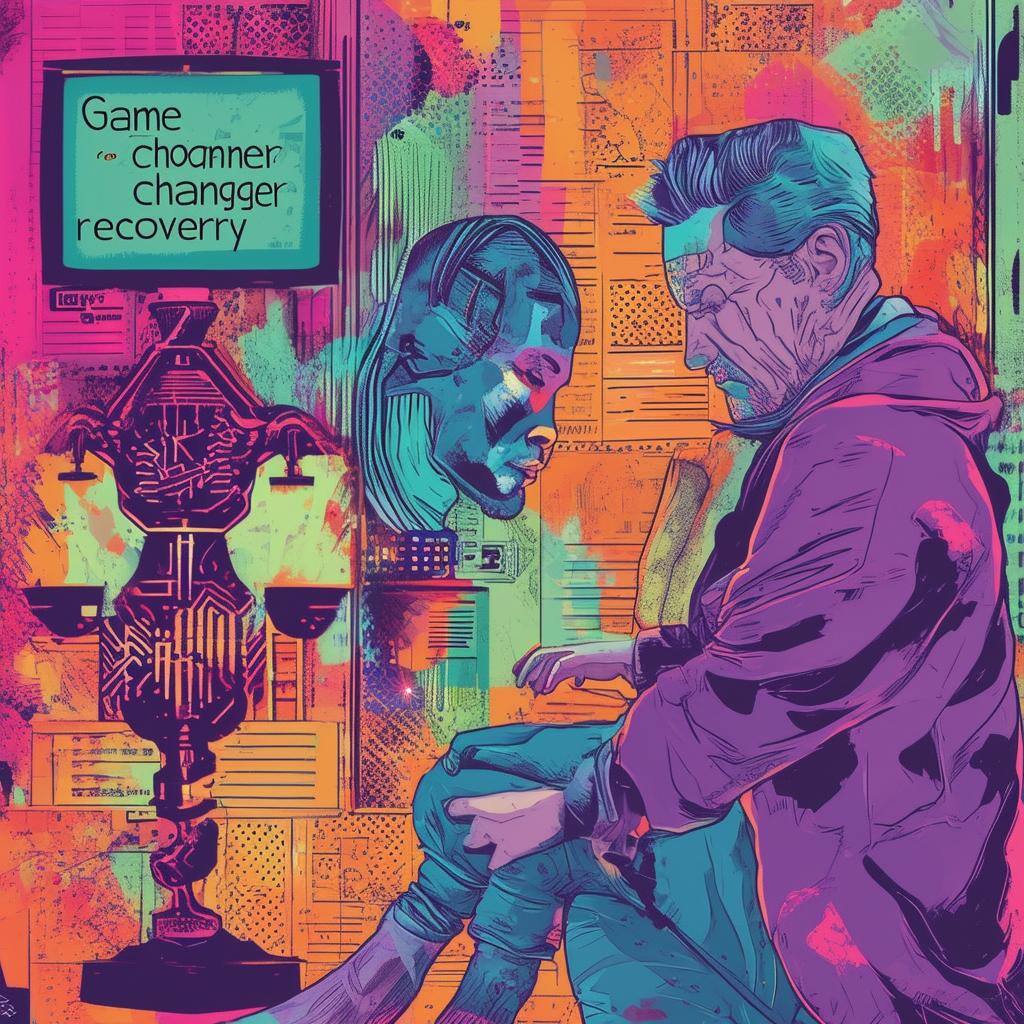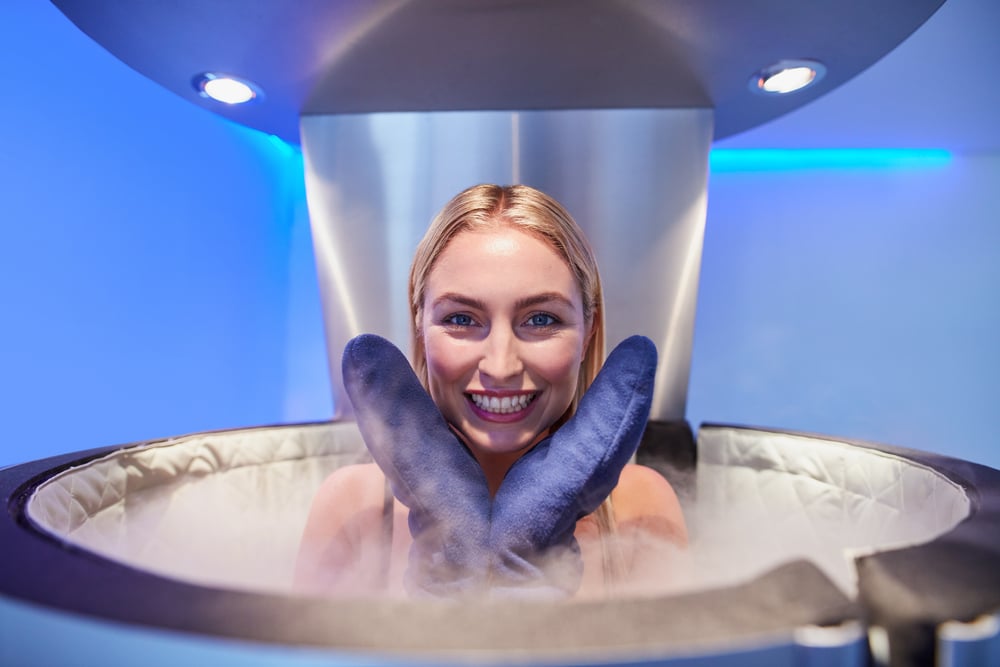
Most people associate intravenous drips with hospitals, and for good reason. IV therapy is a crucial medical treatment, delivering hydration and medication directly into the blood stream. Because these liquids bypass the digestive system, they become immediately available and effective for the whole body. In recent years, IV therapy has spread outside of the hospital setting to become available in exclusive spas and treatment centers, and use by notable celebrities and elite athletes is widely noted in the mainstream media. But why would someone use IV therapy outside of a hospital?
While there are a variety of IV solutions available, they all offer the following important benefits:
- Increased hydration. Hydration provides a host of important health benefits. Water is crucial for many vital body systems, including circulation and removal of waste and toxins. Water also lubricates muscles and joints for smoother motion, helps regulate body temperature, and improves elasticity of the skin.
- Restore nutrients. IV therapy can quickly restore important nutrients the body requires, including balancing electrolytes and boosting crucial minerals like zinc and magnesium.
- Boost vitamins. Vitamin C is quickly depleted during exercise and exertion, while B-complex vitamins are known to boost overall energy and well-being.
- Decrease recovery times. Given IV therapy rehydrates, restores nutrients, and boosts vitamin levels so quickly, it also results in faster recovery times from physical activity.
In short, IV therapy provides hydration and a range of essential nutrients directly to the blood stream. This delivery mechanism is not only faster than eating a complete, nutritionally-balanced meal, taking vitamin supplements, and drinking a lot of water, but may be more effective. The digestive system may not only take time to process vitamins and mineral supplements, but may not always process them efficiently and deliver them to the body.
The body is constantly using vitamins and minerals during normal functions, which are generally replaced as we eat and drink. Water-soluble vitamins like Vitamin C and the B-vitamins are not stored in the body, and need to be regularly restored with a healthy diet. In addition, certain conditions and activities cause us to use extra fluids and nutrients—or lose them more rapidly than normal—which may lead to low levels and deficiencies.
IV vitamin drips are often used to benefit medical patients with malabsorption issues, who do not efficiently digest vitamins and minerals in food, or those recovering from antibiotic treatments that have disrupted their digestive systems. These drips also have benefits for those struggling with chronic fatigue and fibromyalgia, However, a healthy person may also periodically be low on hydration and nutrients due to a wide variety of situations.
- Stress. Prolonged stress can cause a mineral imbalance in the body, costing us valuable calcium, magnesium, and zinc, while elevating potassium and phosphorous to unhealthy levels.
- Alcohol consumption. A night of excess not only leaves us dehydrated, but it also depletes magnesium and B vitamins. It's one of the reasons that the body can feel drained and exhausted the morning after.
- Vigorous exercise. A hard workout costs the body a lot of water, but it drains vitamins and minerals as well. Sweating eliminates valuable water-soluble B-complex and C vitamins, which contributes to feelings of fatigue and loss of energy.
- Jet lag. Plane travel is notoriously dehydrating, which is one of the main reasons jet lag leaves us feeling so worn out. Airline professionals often use IV therapy to maintain their performance where ever they land.









